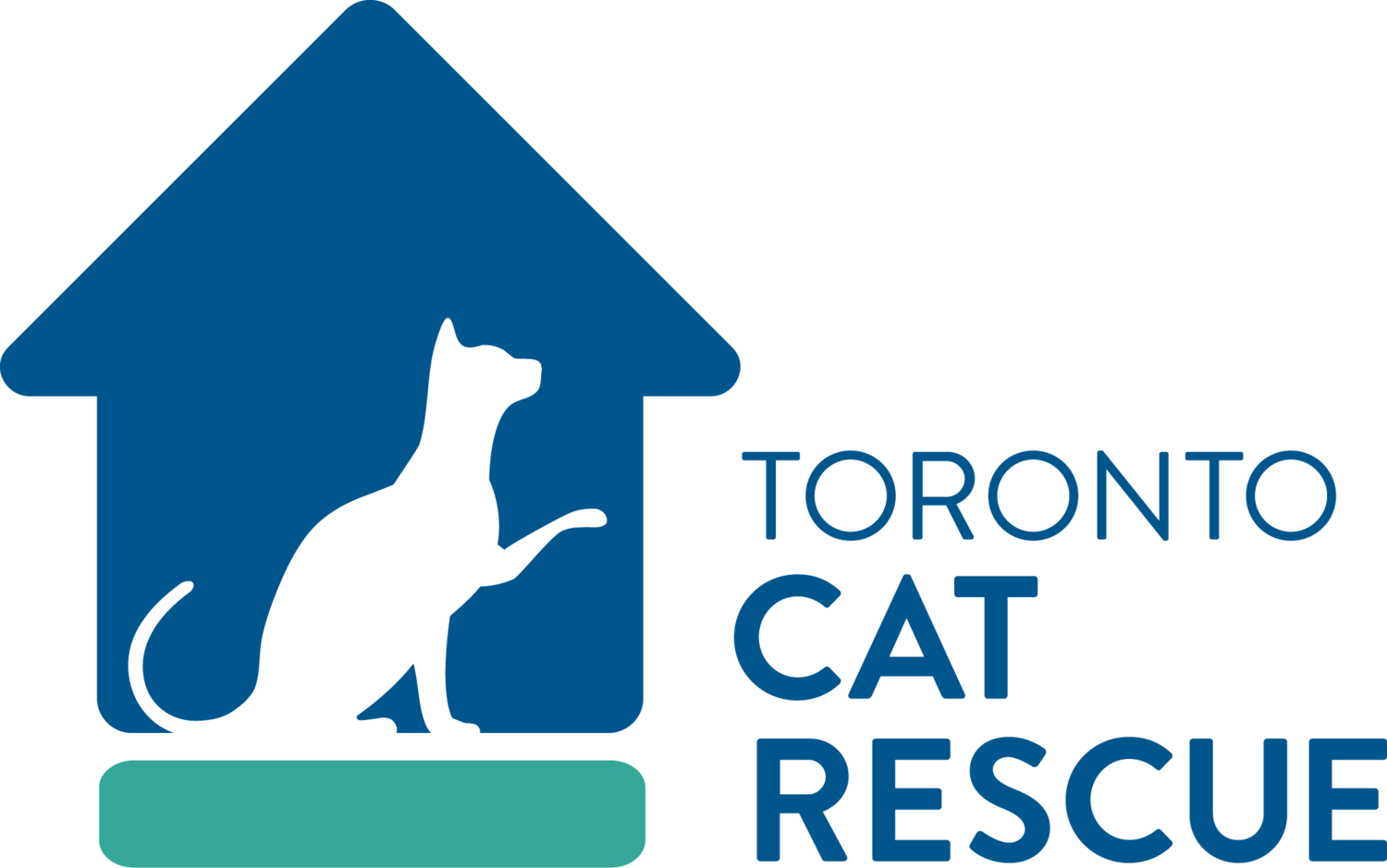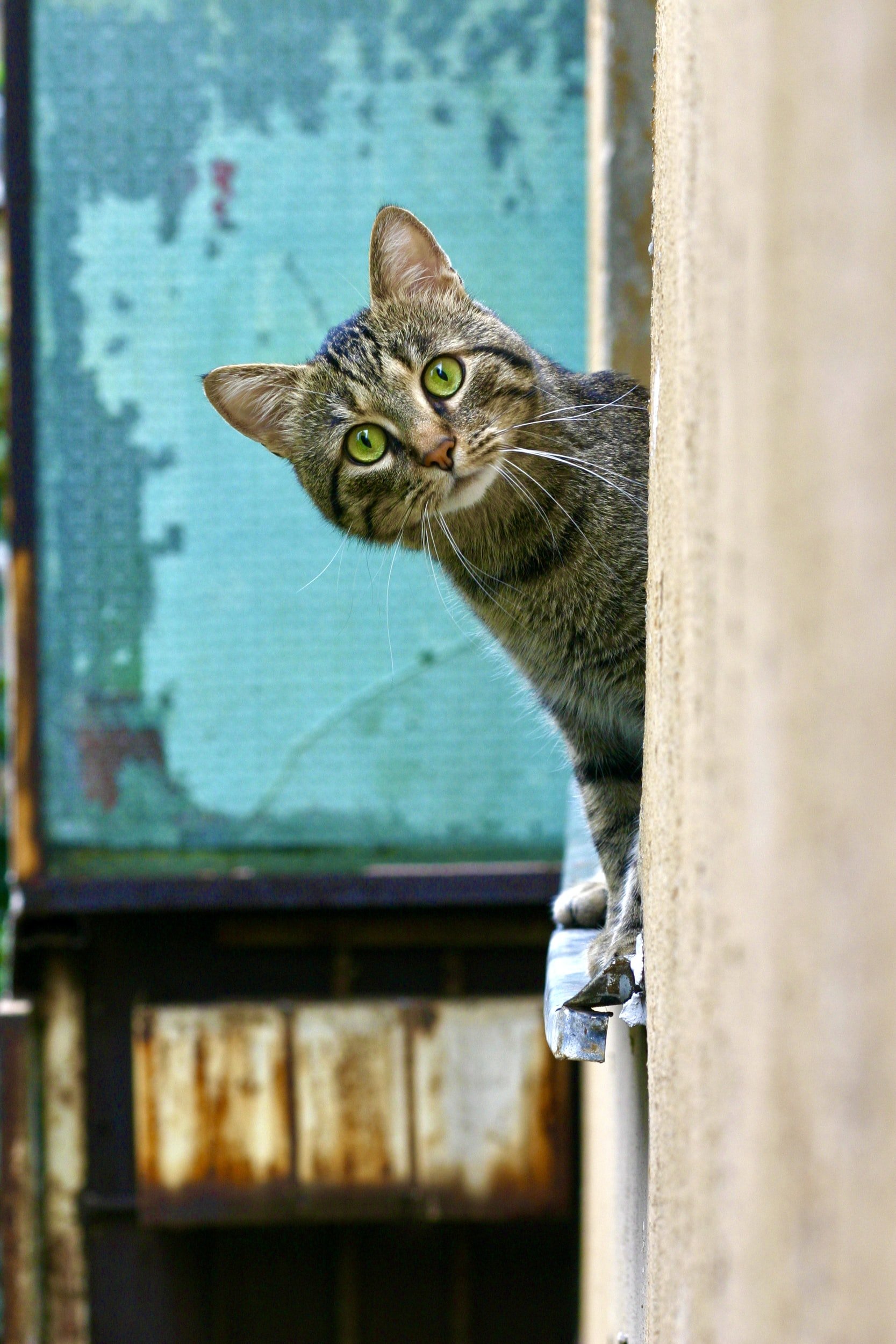POST-ADOPTION SUPPORT
After adopting your new cat or kitten, if you have any questions or concerns, Toronto Cat Rescue is here to help you.
Whether you have a question about the health of your cat or need clarification on the adoption contract terms, we are here to answer all your questions.
For adoption resources, such as preparing your home for a new cat, introducing your cat to another pet, or troubleshooting common problems, please visit our adoption resource page.
All post-adoption inquires starts with filling out our post-adoption form
HEALTH QUESTIONS
Understanding your cat’s health is key to a happy life for both of you. In this section we will breakdown what TCR does before adopting out cats and answer some health related questions that may come up after adoption takes place.
What TCR does before adopting out cats or kittens
-
Yes. All TCR cats have been treated at least once for worms. They are only treated again if there is a positive fecal test or evidence of worms after the first treatment. Rescue cats may need additional treatments.
-
It is not standard practice for TCR to test our cats for feline leukaemia virus (FIV/FeLV). Some TCR cats have been tested for FIV/FeLV because they come to us already tested. TCR will test a cat for FIV/FeLV if the cat is experiencing health issues that lead us to believe that may be the cause. The cost of the test is prohibitive, and both of these diseases are relatively rare.
-
Yes. TCR does microchip all of our cats prior to adoption. When the adoption of your cat is processed, the microchip is automatically registered to your name. You will receive confirmation of this by email. If you haven’t received confirmation within 10 days of adoption, please contact us via the online form.
-
Yes. If you did not receive your cat’s health records, TCR can (in most cases) provide them. Please contact us through the online form, and we will get back to you.
Common health questions
-
No. TCR is not able to reimburse your costs for a vet visit. If you have concerns about your cat’s health within the first 7 days, please ensure you contact us using this online form.
-
If a cat hasn’t eaten in more than 24 hours, it can become dangerous because of how fast their metabolism is. Try offering them a buffet of different kinds of wet and dry food to stimulate their appetites. Often warming up wet food in the microwave for ten seconds will encourage them to eat. If your cat is not eating and is lethargic, please contact us via our online form and consider taking them to a vet. TCR cannot reimburse for costs incurred at your own vet, but if you are in touch with us, we can assist you with vet care if we deem it necessary.
-
It is very common when a cat experiences a transition that they start showing signs of a cold or an upper respiratory infection (URI). If the cat is eating and has a normal energy level, they can often fight the symptoms on their own. If the cat is lethargic and/or not eating or has been experiencing symptoms for several days with no improvement, please contact us through this online form.
-
It is very common when a cat moves to a new home that they develop diarrhea. This is most often due to stress and/or a change in diet. If the cat is on a high quality, consistent diet, the diarrhea should start to improve within a week’s time. If the diarrhea gets worse or is not improving or the cat is lethargic, please contact us using this online form.
-
This is not uncommon! There are several things you can do to adjust to your new cat. Keeping the cat out of your bedroom, frequent vacuuming, purchasing an air purifier, and feeding your cat a good quality diet can all improve allergy symptoms. If you have tried these tips and continue to experience an allergic reaction, or your reaction is severe, please contact us through our online form above.

